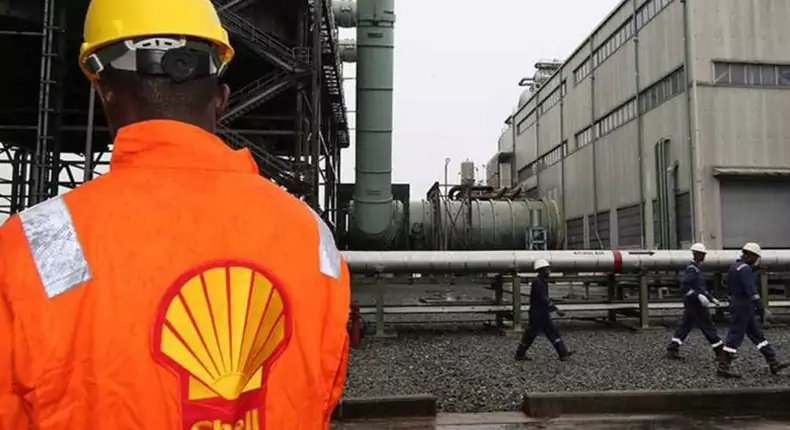
The British oil conglomerate Shell recently refuted claims that it plans to leave Nigeria. The oil multinational noted that it would still maintain its presence in Africa’s largest market, despite selling its onshore business in the Niger Delta. The company also noted that the job of its staff are safe.
The oil company’s statement follows speculations that Shell had chosen to exit Nigeria. Some members of Nigeria’s general public mistook Shell’s sale of its onshore operation as the firm selling all of its Nigerian shares.
A report by the Nigerian newspaper, Punch, clarified this misunderstanding via an interview it was granted by the oil company.
The Shell Nigeria media team had contacted the Nigerian publication on Wednesday to elaborate on the divestment of SPDC and future plans. The company explained that its plan is to “exit onshore oil production in the Niger Delta and to focus future investment in Nigeria on our Deepwater and Integrated Gas positions.”
Shell told the Punch that it had no plans of exiting the country, contrary to the rumors that seemed to be making rounds. It noted that it intends to “remain a long-term partner of Nigeria, supporting the country’s growing energy needs and export ambitions in areas that are aligned with our strategy.”
Shell mentioned its other businesses in Nigeria, which it intends to keep running. These are; Shell Nigeria Exploration and Production Company Limited, responsible for producing oil and gas in the deep-water Gulf of Guinea.
Shell Nigeria Gas Limited, which is in charge of supplying gas to domestic industrial and commercial customers; and Daystar Power Group, which offers integrated solar power to commercial and industrial businesses throughout West Africa.
“Shell holds a 25.6 percent interest in NLNG, which produces and exports LNG to global markets. Shell’s interest in NLNG is also outside the scope of this transaction,” the company stated.
As for what next for its employees, Shell stated, “We do not expect a loss of employment. SPDC’s staff will continue to be employed by the company as it transitions to new ownership.”
Source: business insider








